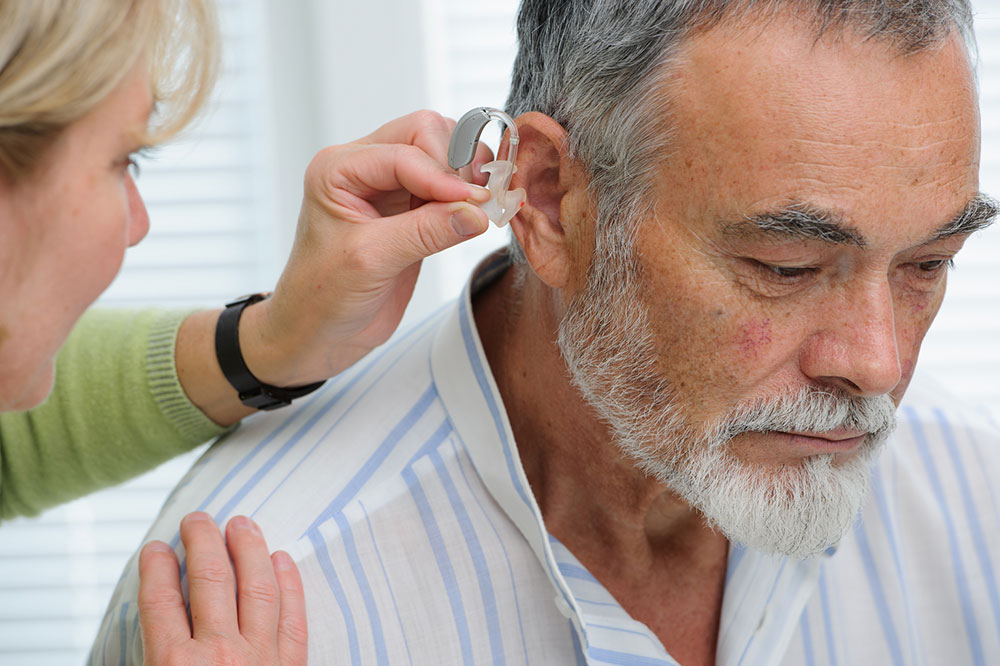Key Insights into Age-Related Hearing Loss and How to Manage It
Explore essential facts about age-related hearing loss, including causes, symptoms, and management options. Learn how hearing aids, sign language, and other methods can improve communication and quality of life for those affected. Expert consultation is recommended for proper diagnosis and treatment.

Key Insights into Age-Related Hearing Loss and How to Manage It
Age-associated hearing decline can be caused by various factors like medical issues affecting the ear’s anatomy, nerve damage, decreased blood flow, damage to tiny hair cells within the ear, or changes in how the brain processes sounds.
Genetics, early exposure to loud noises, and certain medications like chemotherapy drugs can also influence hearing health. Early signs include difficulty understanding speech, frequent need for repetitions, frustration, confusion with similar sounds, and discomfort in noisy settings.
For proper assessment, visiting an ENT specialist is recommended. Although there is no cure for age-related hearing loss, management strategies such as:
Wearing hearing aids
Learning sign language for severe cases
Using telephone amplifiers
Practicing lip reading
can greatly enhance communication and overall quality of life.
Important: The information here is for educational purposes and not a substitute for professional healthcare advice. Always seek advice from qualified medical professionals regarding diagnosis and treatment.


